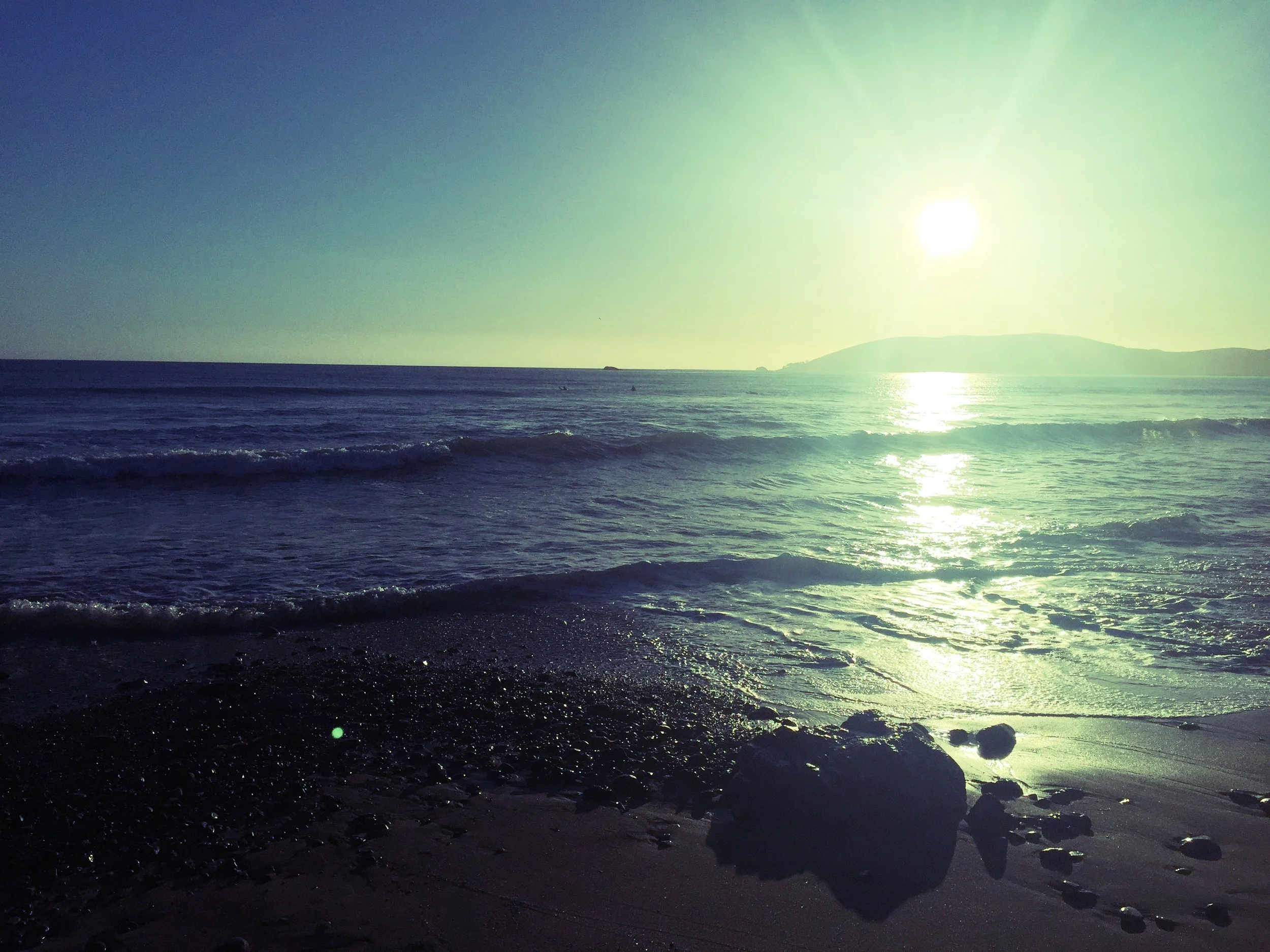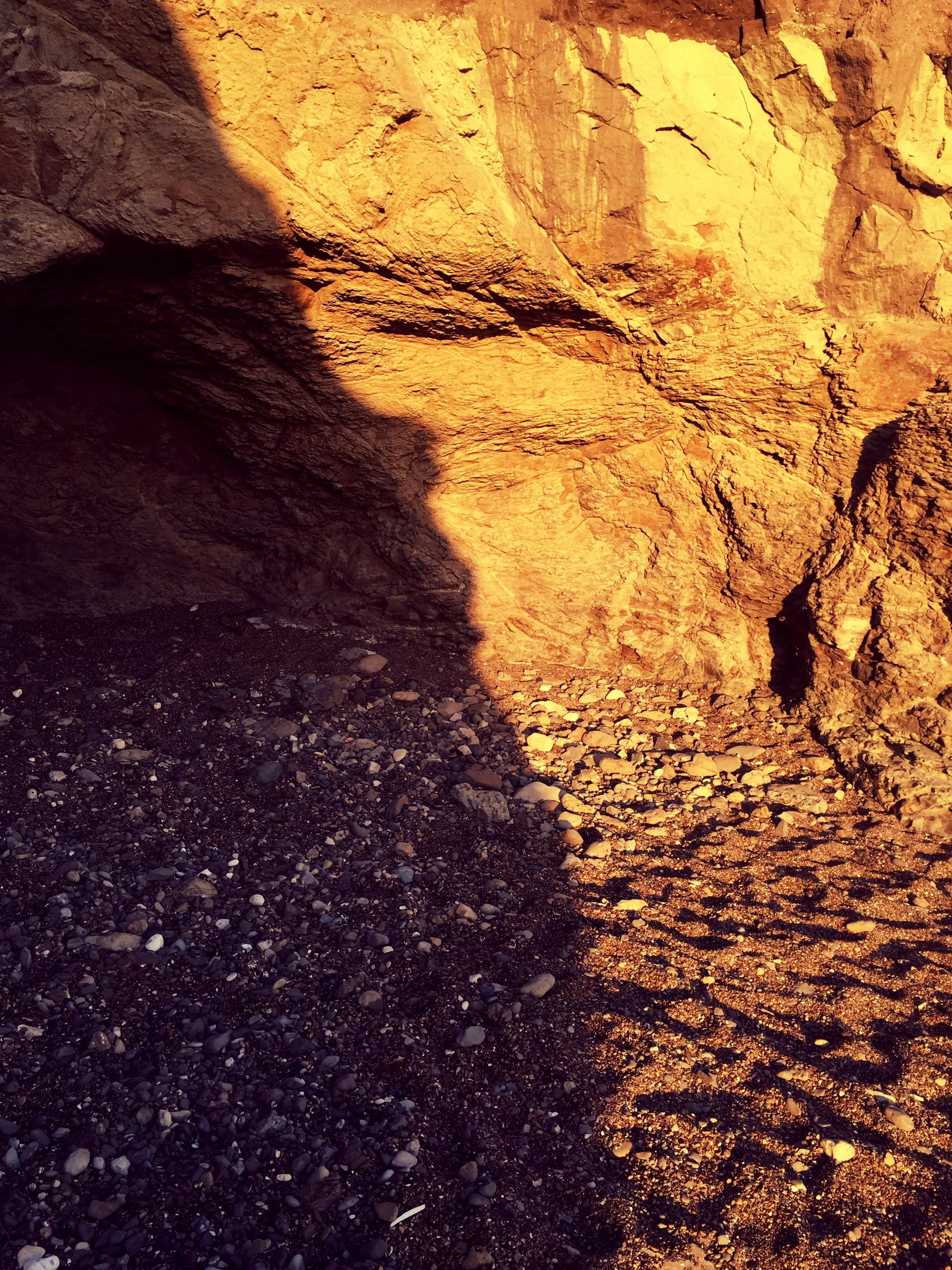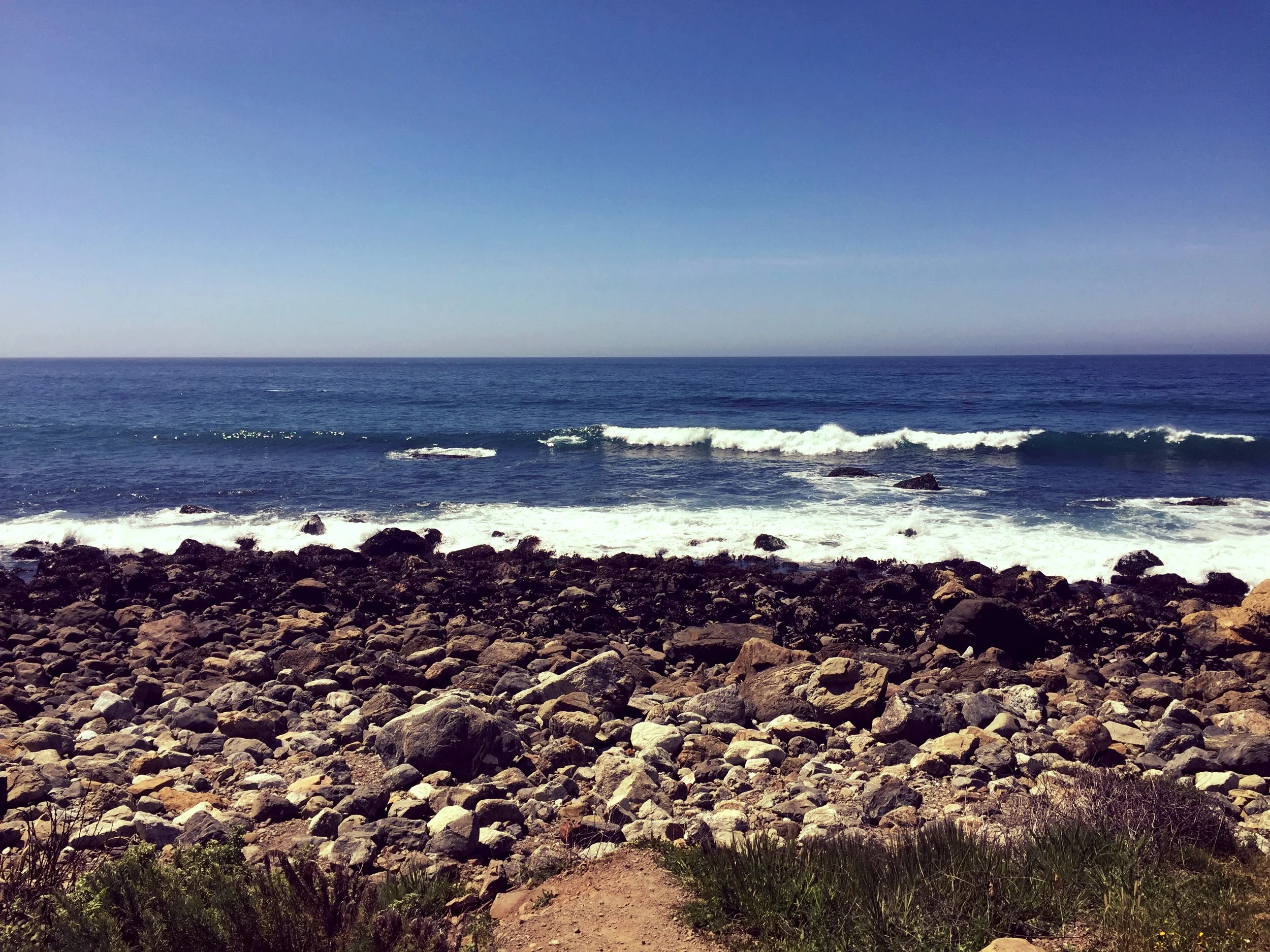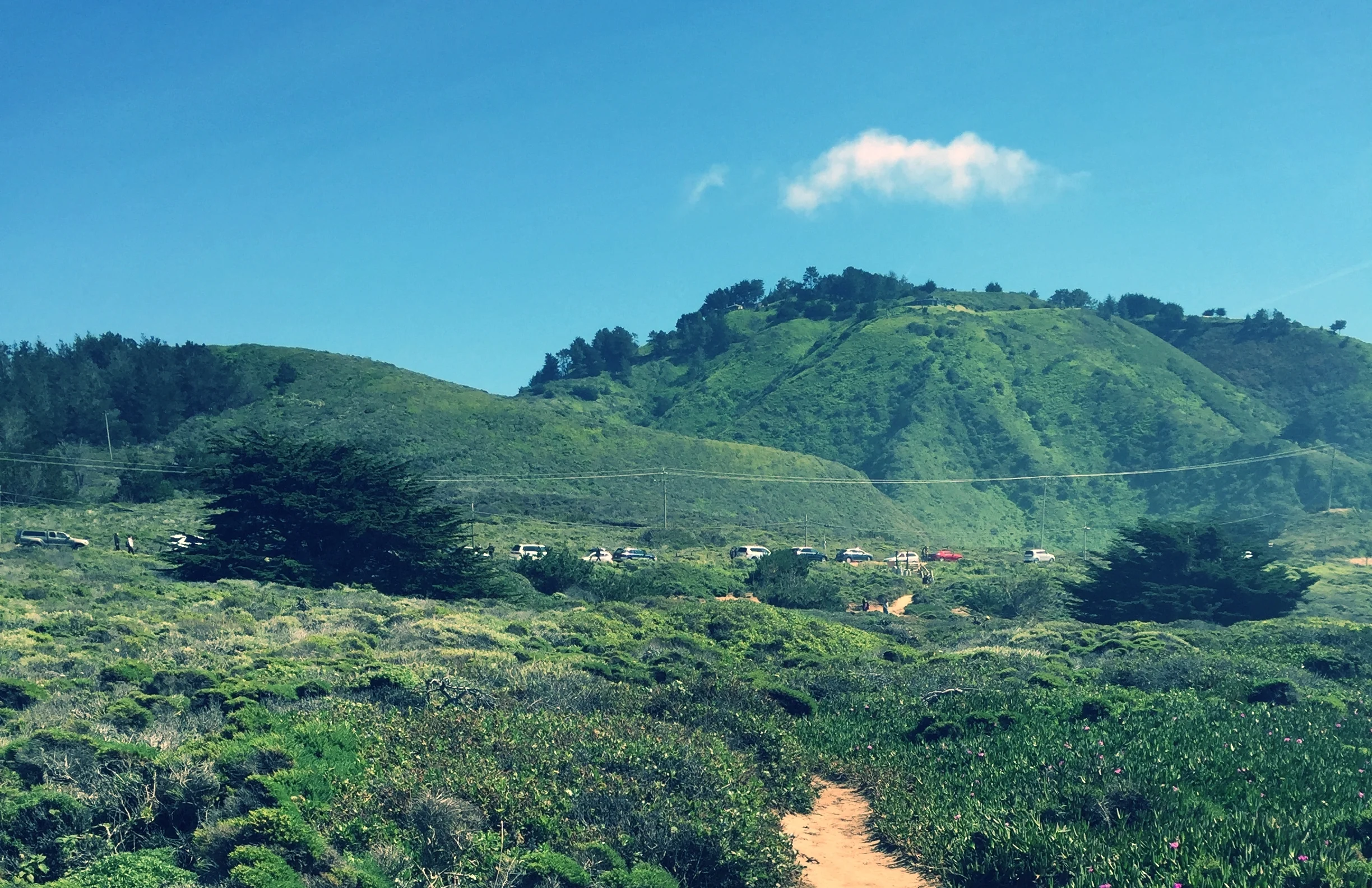The "Threat" of Sex
CW: menstruation mention, lengthy discussion of rape
A few years into my period, I began looking for a better alternative to pads. My mom bought me a box of tampons – the smallest they had, she said. I had avoided tampons all this time because I doubted I’d be able to insert them, but something about sitting in my own bodily fluids for hours on end finally broke my will. I studied the instruction sheet that comes in each box. I positioned myself accordingly on the toilet and tried to calm myself. It was difficult to relax, however, with the cardboard tube poking at such a sensitive place. After ten minutes of increasing pain, I admitted defeat.
When I mentioned it to my mom, I made a joke that I’d never be able to have sex. The joke lost its humor as I began contemplating how true it was. I’d heard that a girl’s first time was supposed to hurt. A chill of fear ran down my spine as I realized just how much pain I would be in one day.
Around age 19, I came out as asexual. I was ecstatic to discover that there was a word for what I was; I was asexual, not broken, not wrong, not doomed to die alone. My identities of aromantic and agender would come later, but right now, I was asexual, and I was safe. I would never have to have sex because I didn’t experience sexual attraction.
The responses to my coming out were what all of us have come to expect. My aunt said I wasn’t really asexual, that I just hadn’t found the right person yet. My grandma said that if I was asexual, it was because I’d been abused as a child and just didn’t remember it – I still haven’t completely forgiven her for that. My parents didn’t say much, but looking back, I’m sure they either didn’t believe me or didn’t understand what I was saying.
As I connected with the ace community, I heard anecdotes of the other negative but usual responses to coming out as asexual: you’ll change your mind, don’t label yourself, and my least favorite: what if your partner wants it? They made me sad at the time – sad for my ace family who had to face such ignorance. Now such responses make me tremble on the inside. It wasn’t until a few years later that I would realize why.
Sex can be a weapon – a dagger that can leave wounds that will never fully heal. I’ve heard it said that while murder kills a body, rape kills a soul. Its destructive capabilities are well-known, which I’m sure is why women are the primary targets of rape threats. Corrective rape is used as a brutal cudgel against those who are viewed as wrong. The idea that someone can be “raped straight” is yet another sickening and evil facet of rape culture. But I want to submit that there is a more shadowy threat of sex that affects asexuals in a different way than it does straight people or even allosexuals. This threat of sex – the implication that a lack of sexual attraction will eventually produce negative consequences – is why I no longer find safety in my asexuality.
Apart from the tangible monster of rape, there are specters – threats – of sex that permeate an ace’s life. Most of them lurk in the negative responses we get to coming out. All of the disbelief, even the well-meaning reassurance that we’re not really asexual, can be translated thusly: “You not feeling sexual attraction is so unthinkable that it’s impossible. You don’t truly know yourself. You will want to have sex one day. You will.”
My defiant nature compels me to shoot back, “Or else what?” What will happen if I don’t want to have sex, not ever? What will you do about it? What will anyone do about it? The obvious answer to my unasked questions makes me tense and wary.
It’s even worse when they bring up a hypothetical partner, because I can see the scene play out all too clearly. What if my partner wants it, and they won’t take no for an answer? I’m 5’3” and have trouble opening heavy doors. I’d like to think I’d be able to activate some sort of hidden beast mode to save myself, but that’s just not realistic. I’d be at the mercy of anyone stronger than me, which is just about anyone over the age of 10. So what if my partner wants it and I don’t? Should I hope that I picked a decent partner? Or should I close my eyes and pray?
The unwanted sexualization of ace bodies is another example of the threat of sex from society. While people who present as female usually bear the brunt of unwanted sexualization regardless of orientation, aces of color have a special struggle with sexualization. This stems from racist stereotypes – the fiery, sexy Latina; the amorous Latin lover; the promiscuous, overbearing black woman; the sexually aggressive black man. Aces of color are forced into these boxes by a sexual society that is then disbelieving when they declare themselves sexually unavailable. The backlash of rejecting sexualization when they are “supposed to be” a particularly sexual group is surely an exhausting, painful experience for aces of color at best and dangerous at worst.
A society as permeated with sex as ours is bound to show a lack of understanding towards those who have no interest in the activity. However, a conscious choice is made by people, which makes up the attitude of society as a whole, to be hostile about it. Only recently has America been more accepting of non-straight identities, and it can be argued that such an acceptance still comes with a lot of catches.
I certainly wouldn’t claim that it is the fact that non-straight allosexuals still have sex that has gained them acceptance. I would believe it, though, if such a similarity were used to throw asexuals under the metaphorical bus. Aces themselves are guilty of doing the same thing to aromantics – the “At least we can feel love!” shtick others aromantics just as “At least we experience sexual attraction!” others asexuals.
Indeed, there has been a shocking amount of animosity in the LGBT+ community towards asexuals. It seems to be mostly online, which is especially unfortunate since the internet is the prime and often first resource for those questioning their sexuality. The reception from that very vocal minority still creates those implied threats of sex via outright rape threats and more delicate turns of phrase that amount to the idea that aces (and aromantics) are invalid due to their lack of attraction. This perceived invalidity is used to argue against ace inclusion in queer spaces. A threatening ultimatum is issued, whether purposefully or not: be attracted to the “right” people in the “right” ways or risk ostracism.
Finally, but not of less importance, is the threat of sex in the medical field. One of my therapists told me to my face that she didn’t believe in asexuality – in every other sexuality, yes, but not mine – and that she could “give me something” for it. Were I less educated and much meeker, I may have accepted a medication I didn’t need just because a medical professional believed that I had to feel sexual attraction. The medicalization of asexuality remains pervasive despite the recent declassification of asexuality in the DSM. Asexuals could be treated – or not treated – for disorders just because of their orientation. Medicalization, then, is less of an implied threat than a direct one, possibly forcing aces to choose between trusting their doctor with personal information and receiving treatment. If the lack of sexual attraction is treated as a disorder, it is undoubted that asexuals can be and are threatened with sex in ways other than direct assault.
Despite the rather grim tone of this article, I don’t want to give the impression that aces are doomed to have no control over their sexual destiny. It’s true that there are people who commit evil actions with no regard for the bodies of others, but that doesn’t mean aces should resign themselves to being victims at some point. Asexuality is an incredible, beautiful thing. To face a world seemingly obsessed with sex and proclaim your lack of attraction is bravery at its finest. Those of us who feel comfortable doing so can challenge the threats of sex when we’re able and encourage our allies to do the same on our behalf. It will be a process. It will difficult. It might even be dangerous. Still, I believe that we will be able to shift the dominant narrative from when you have sex to if you have sex.
I used to wear my asexuality like a suit of armor. I found safety in my identity. That was before I realized how normalized language conveys an expectation of sexual activity, and an implication that I will eventually have no choice in the matter. To keep a partner, to be accepted in my own community, to receive accurate medical treatment, and, for some, to be considered an acceptable representation of their race – it is suggested that we must want to have sex, or at least be sexually available. The threat of sex can be explicit, but for aces, it’s often obscured by academic and well-meaning words. Fighting these threats could incur the implied consequences, but I believe that those of us who can fight, should. Only by challenging the preconceived notions of the necessity of sexual attraction will those notions be shattered, leaving a more accepting world for us all to enjoy.





